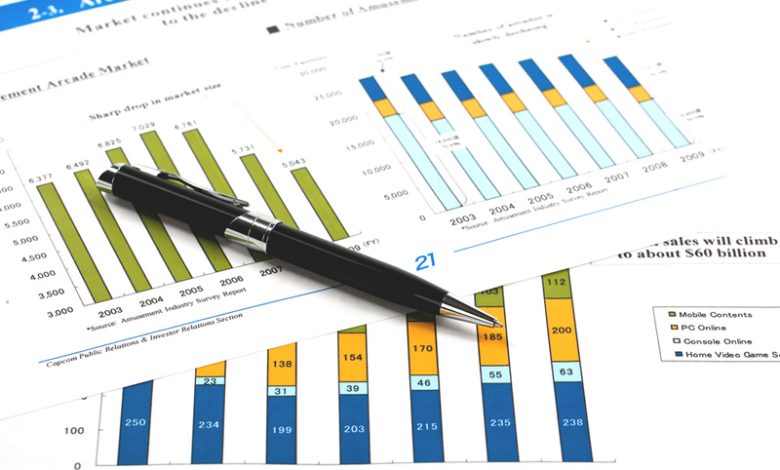
ASML Requires License to Service Certain Equipment in China, Dutch Government States – Reuters
By Toby Sterling
AMSTERDAM – The Dutch government announced on Tuesday that ASML requires a license to supply spare parts and software updates for chipmaking equipment previously sold to Chinese clients, which now falls under new export restrictions.
This decision includes two additional tools recently added to the country’s national control list, aligning with U.S. policy, as stated by the Foreign Ministry.
The announcement comes after some uncertainty regarding whether the Dutch government intended to impose further restrictions on ASML, Europe’s leading technology company. The ministry clarified that existing servicing would still be subject to licensing requirements, encompassing parts, software, and technology specifically developed for the equipment.
Starting September 6, 2024, this licensing requirement will also extend to ASML’s 1980di and 1970di machines.
ASML, which indicated last week that it does not foresee an impact on its earnings due to these changes, chose not to comment further.
The announcement of additional controls spurred a response from the Chinese government condemning U.S.-led export restrictions and urging for the protection of the shared interests of Chinese and Dutch businesses.
ASML is a key player in the market for lithography tools, which are crucial for chipmakers in fabricating chip circuitry. Following initial Dutch restrictions in 2023, the company informed its Chinese clients—its third-largest market after Taiwan and South Korea—not to anticipate licenses for importing its most advanced DUV tools after January 1, 2024.
The Dutch government works closely with the United States on export policy, with China’s backing of Russia amid the Ukraine conflict raising significant security concerns.
ASML CEO Christophe Fouquet mentioned during an event in New York on September 4 that he expects continued pressure from the U.S. government for further restrictions on exports to China.
He noted that this is a bipartisan issue, suggesting that regardless of the outcomes of the upcoming U.S. presidential election in November, the push for restrictions will likely continue. He also anticipates resistance from the Dutch government towards additional U.S. measures, which he believes are increasingly influenced by economic factors rather than genuine security concerns.
 GOOGL
GOOGL  META
META 


